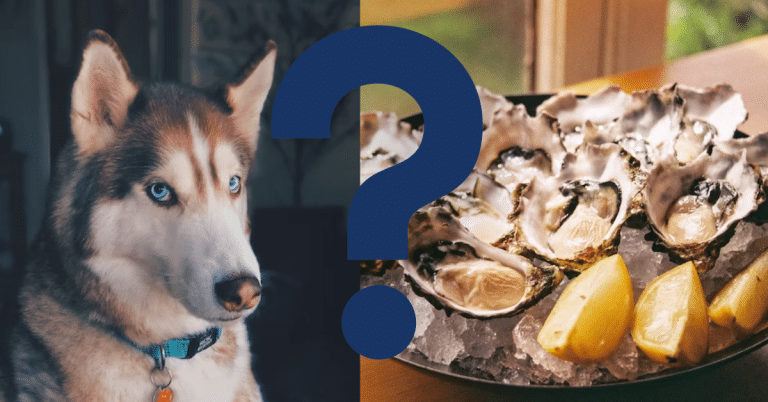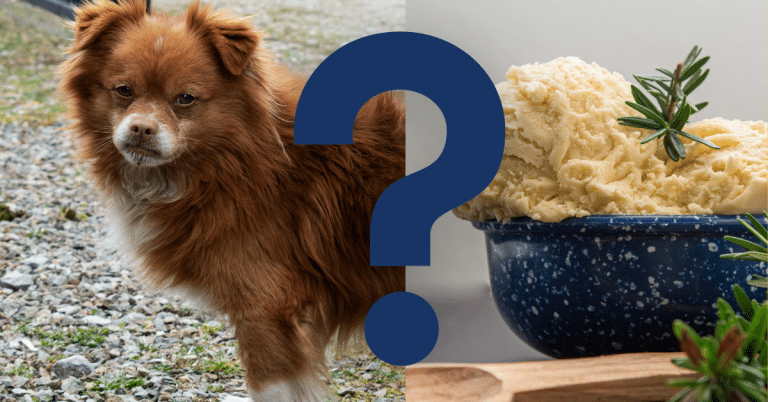Can Dogs Eat Cheese Balls? A Vet’s Summary

Cheese balls are seasoned with spices but can dogs eat cheese balls
In moderation, dogs can eat cheese, however cheese balls might not be the greatest food for them. In moderation, cheese is typically okay for dogs as a treat every now and then, but it shouldn’t be a staple of their diet. Some dogs struggle to digest lactose, the sugar included in dairy products like cheese, due to lactose intolerance.
Let’s dive in:
Benefits of cheese balls for dogs
While giving your dog modest quantities of cheese sometimes has some possible benefits, cheese balls may not be the healthiest or most advised treat for dogs.
- High-Quality Protein: A dog’s general health depends on high-quality protein, which is found in cheese. Energy is provided by protein, which also stimulates muscular growth and helps to create and repair tissues.
- Calcium: Cheese provides calcium, which is necessary for dogs’ strong bones and teeth to remain in good condition.
- Cheddar is a delicious and appealing food that many dogs enjoy, making it a good training aid or occasional treat.
- Versatility: Cheese may be utilized in a variety of ways, such as filling puzzle toys with it to provide your dog cerebral stimulation.
It’s important to stress that these advantages only apply to plain, unsalted, and unseasoned cheese that is provided in moderation. Conversely, cheese balls are frequently covered in seasonings, chemicals, and a lot of salt, all of which can be hazardous to dogs if ingested in excess. So, if you decide to offer your dog cheese as a treat, buy simple, low-fat cheese and feed it in moderation to prevent any potential health problems. If you have any questions or concerns concerning the food of your dog, you should always see your veterinarian.

How to safely give cheese balls to dogs
Even though cheese balls often aren’t the greatest option for dogs owing to their high salt content and frequently harmful additives, it’s important to offer your dog a treat of cheese balls occasionally. Following are some recommendations for properly feeding dogs cheese balls:
- Choose cheese balls with the least amount of flavor, spice, and chemicals possible. The least salt and other possibly dangerous substances are best to look for in basic cheese balls.
- Portion Control: Give your dog a very limited number of cheese balls as a treat, and make sure it’s not a regular component of their diet. Smaller quantities should be given to tiny breeds than large animals.
- It’s necessary to give your dog a treat of cheese balls sometimes, even if they’re generally not the best choice for dogs due to their high salt content and usually dangerous chemicals. The following are some suggestions for feeding dogs cheese balls properly
- Pick cheese balls with the fewest flavors, spices, and additives feasible. Basic cheese balls are the ones to seek for, since they contain the least salt and other potentially harmful ingredients.
- Portion Control: Make sure that the cheese balls you give your dog as a treat are not a regular part of their diet. Tiny breeds should be fed in smaller amounts than big animals.
- Offer Substitutions: You may use healthier and safer dog-friendly treats in place of cheese balls. Think about alternatives like plain, low-fat cheese, carrot or apple sticks, or commercially produced dog treats designed exclusively for ingestion by dogs.
- Speak With Your Veterinarian: It’s always a good idea to speak with your veterinarian before adding any new treats or foods to your dog’s diet. They can offer tailored guidance depending on the dietary requirements and any current medical issues of your dog.
Keep in mind that caution and moderation are the keys to properly feeding your dog any treat. When choosing and providing treats for your dog, always keep their health and wellbeing in mind, and make sure they consume a diet that is healthy and balanced.
Will cheese balls make a dog sick?
Depending on several variables, cheese balls might potentially make a dog ill:
- Ingredients: A lot of cheese balls come with seasonings, flavors, and additives that may not be good for dogs. Some of these components may irritate a dog’s stomach or create allergic responses or other health problems.
- Cheese balls frequently contain a lot of salt, and dogs that consume too much salt might get salt sickness (sodium ion poisoning). Excessive thirst, vomiting, diarrhea, lethargy, tremors, seizures, and, in severe instances, even death, are just a few of the symptoms of salt poisoning.
- Some dogs struggle to digest the sugar lactose, which is present in dairy products like cheese, due to a condition known as lactose intolerance. Cheese balls can cause gastrointestinal issues in lactose-intolerant dogs, including diarrhea and flatulence.
- Large servings or too many cheese balls might upset your dog’s stomach, even though the substances in the cheese balls are acceptable for dogs. Always serve a small number of cheese balls.
It’s best to either completely avoid offering your dog cheese balls or to limit your dog’s access to them to tiny amounts of plain, unsalted cheese on occasion. Contact your veterinarian for advice on what to do if you think your dog may have eaten a lot of cheese balls or if your dog is displaying symptoms of disease after doing so. Also, keep a close eye on your dog’s health.

A vet’s summary
Typically, veterinarians advise against giving dogs cheese balls for several reasons:
- High Salt Content: Cheese balls frequently contain a lot of salt, which, if ingested in excess, can cause salt sickness in dogs. Excessive thirst, vomiting, diarrhea, lethargy, tremors, seizures, and even death are just a few of the signs of salt poisoning.
- Seasonings, flavorings, and other ingredients included in many cheese ball variations can be toxic to dogs. These components may result in gastrointestinal distress, allergies, or other medical problems.
- Some dogs struggle to digest the sugar lactose, which is present in dairy products like cheese, due to a condition known as lactose intolerance. Cheese balls can cause gastrointestinal issues in lactose-intolerant dogs, including diarrhea and flatulence.
- Cheese balls are not a wholesome or nutritionally balanced food choice for dogs. They often include a lot of fat and calories, which, if consumed frequently, can lead to weight gain and obesity.
- Better Alternatives: There are treat choices that are made expressly for dogs that are safer and healthier. These canine-friendly snacks are created to satisfy their nutritional requirements and are less likely to result in gastrointestinal difficulties or other health problems.
Probiotics are edible for dogs and may be good for their intestinal health. Probiotics are living microorganisms that, when taken in sufficient quantities, have positive effects on health. When dogs experience diarrhea, constipation, or other digestive problems, probiotics can assist. It’s imperative to speak with your veterinarian before feeding your dog probiotics.
It’s always a good idea to talk to your veterinarian if you have any questions about your dog’s food or wish to add new goodies to their routine. Based on your dog’s individual nutritional requirements, age, and any underlying medical concerns, they can offer tailored suggestions. In general, it’s recommended to stay away from giving your dog cheese balls and choose healthier, dog-safe treat options.
Videos to watch
If you are wondering whether dogs can eat cheese balls, watch this:
If you are wondering whether cheese balls are good for dogs, watch this:






